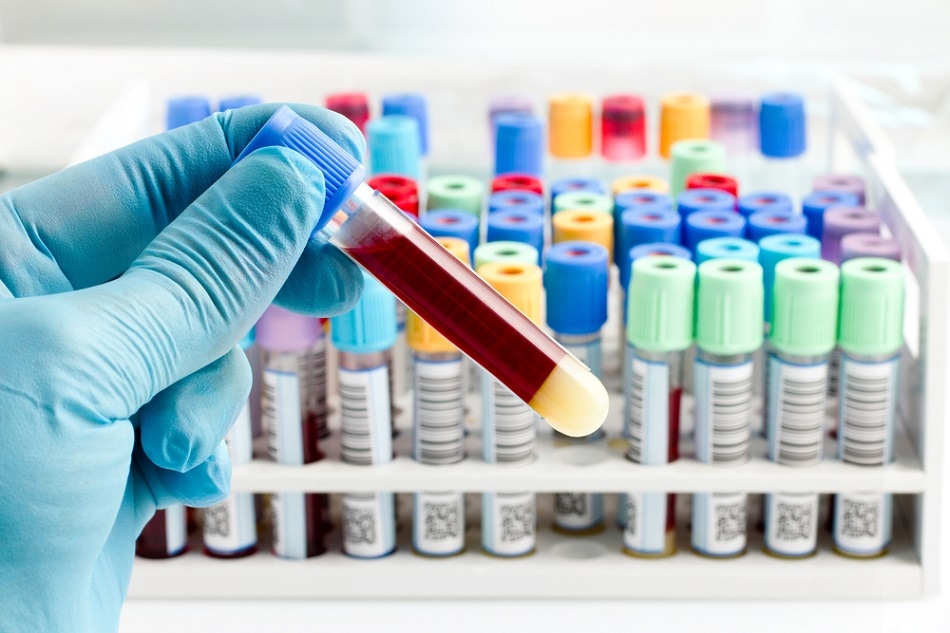Aug 31 2017
In this era of fast food and fast fashion, people crave instant gratification. The same applies to when one gets ill and wants to know the reason for it. But conducting fast, accurate diagnostics on a serum sample without intricate and time-consuming manipulations is highly challenging.
 angellodeco/Shutterstock.com
angellodeco/Shutterstock.com
Presently, a research team announces in ACS Sensors that they have created a biosensor that surpasses these issues.
Field-effect transistor (FET) based biosensors are perfect for point-of-care diagnostics because they are economical, sensitive, portable and selective. They also provide results speedily and can be produced in large scale to meet market demand. These sensors detect the variation in an electric field that results from a target compound, such as DNA or a protein, binding to it.
But serum possesses a high ionic strength, or a high concentration of charged ions, that can conceal the targets. Earlier research has reported use of complex devices, pretreatment steps and receptors with varying orientations and lengths on the sensor surface, but with minimal success. Alexey Tarasov and colleagues wanted to formulate a new method that would make it easier for FETs to be created as point-of-care diagnostic devices for serum analyzes.
The research team designed a FET sensor that included polyethylene glycol molecules and antibody fragments on a gold surface, which they connected to a transducer available in the market. In this design, various sensor chips can be swapped out for use with the same transducer. As a proof-of-principle, they tested the sensor with human thyroid-stimulating hormone. The team discovered that they could detect the hormone at sub-picomolar concentrations, a lot lower than the detection limit formerly reported with FETs, when testing it at raised temperatures. They say that the device could be adapted to diagnose a number of conditions and illnesses, and is economical and easy to use.
The Researchers received funding from the Roche Diagnostics GmbH.